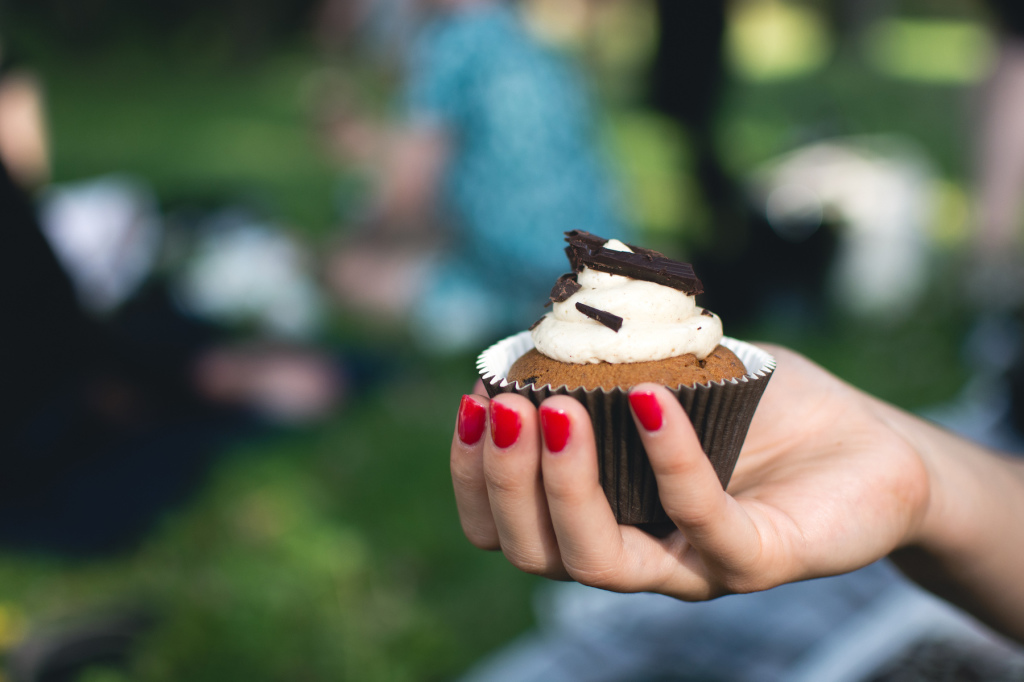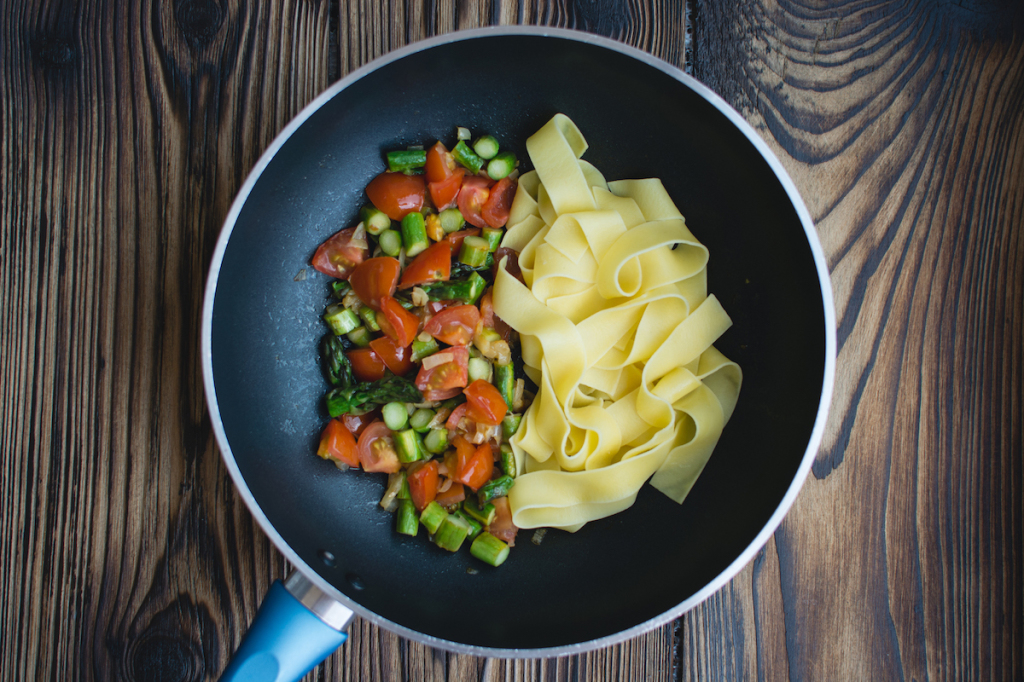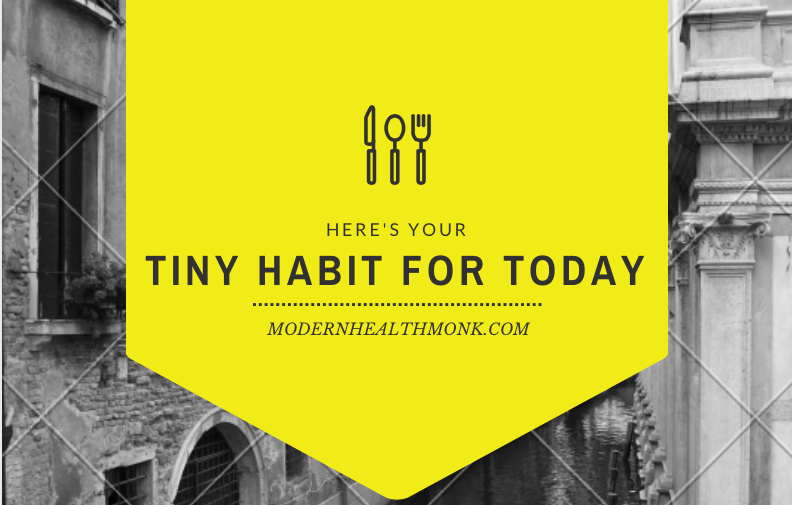
Sugar is Cocaine?

Sometime last year, I was on a digestive recovery diet. I had to essentially eat just meat, plants, and fat.
According to Dr. Elaine Gotschall’s research, “starving” bad gut bacteria helps to dramatically improve gut function – but as a result, I was getting crazy cravings.
I’m not usually a person that gets a lot of sugar cravings, but because my body wasn’t consuming any major sources of carbohydrates, I was.
Well, what can you do if you’re starting to get crazy cravings?
Watch out for these three bad habits.
Habit #1: Avoiding the Availability Trigger

The very first thing I watched out for is what I call the availability trigger.
When I was still living at home years ago, my mom would always buy cookies and store them in the pantry. Imagine you’re in my shoes.
Let’s say you’re not necessarily craving sugar, and you just happen to pass by the kitchen. When you go to the fridge, you pull it open, and you’re just standing there. You don’t really know why you’re there, and you just decide to eat something. Anything.
Well, if the sugar is just a foot above the refrigerator, and my mind knows that, how many times can I possibly go into the kitchen without grabbing “a little something?”
For me, the availability trigger is simple. Sometimes I eat junk just because it’s there, and it’s available. Therefore, once you see it, you’re like, “Oh, that looks good,” so it triggers a little bit of that craving.
Obviously, when you start eating sugar, you want more of it. I don’t know about you, but I’ve never just eaten just one Oreo.
So how do you prevent this trigger from happening?

The ultimate fix here is to make sure there just isn’t any junk within your proximity.
Now, this is a lot harder when you live with other people.
It’s a lot harder when you don’t live on your own. For example, if you’re at college, you can do this. If you’re just living with one other person, you can eliminate the trigger.
But if you have a family, a boyfriend or girlfriend, husband or wife, it’s an entirely different story.
If they’re constantly buying sugary things for themselves or for the kids, it’s going to be very hard for you to actually show restraint.
What I personally do is I let myself have sugar outside of my house, but I will not buy it.
Within a day of having sugar in my house, I’ve eaten 3x what I planned.
When I remove it, guess what?
I end up eating the fruit instead. No rocket science here.
Habit #2 The Boredom and Trigger Exercise

The second sugar trigger is typically the boredom trigger. This is really common, especially when I work with clients that are busy professionals.
Nine out of ten times, they’re bored at their job. They’re not really that engaged. They’re not that thrilled or jazzed by getting up for work every day. So when they’re sitting around at 2:00 p.m. working on the stupid spreadsheet, they get a little bit bored.
When we get bored, we get a little bit listless. We start looking around. We start doing something else.
We start Googling stuff, going on YouTube, and checking out Facebook. This is a perfect time for the boredom trigger to come in.
The foolproof way to figure out if it’s a boredom trigger or not is through the index card exercise I talked about before. Carry around an index card, a little sticky note, or your phone.
All you need to do is write down – whenever you get a craving – what you were just doing and how you were just feeling. What I found is that, most of the time, people are just bored studying, working, or hanging out after work.
Maybe you’ve already eaten, and you’re watching TV and flipping through the channels, and just want something to munch on while your eyes are mindlessly glued on the television.
Those are huge indicators of a boredom trigger that is sneaking in the back door.
Habit #3: The Stress Trigger

The third trigger is obviously stress. It’s pretty common for students or professionals who put in crazy hours.
What I found is that, most of the time, I hear people saying things like, “Oh, I just really deserve this and needed a little bit of relief.”
Maybe you’ve just gotten off work or out of class, and you’re looking to relax for a bit.
For some people, eating is a way of relaxing. So when you eat that piece of cake or that double burger, you get a little dopamine rush.
Ultimately, fixing stress eating that’s caused by stress involves, yet again, rocket science:
Dealing with the stress.
This is the only true way I’ve found to deal with weight loss in the long run – deal with the root cause.
Is it the relationship?
Life?
Work?
Being unhappy or depressed?
Figure out what’s really behind the food and the habit, and then you’ll have the key to changing.
How do these three triggers apply to your life? And how do you cope with them? Share your insights below.
-Alex
